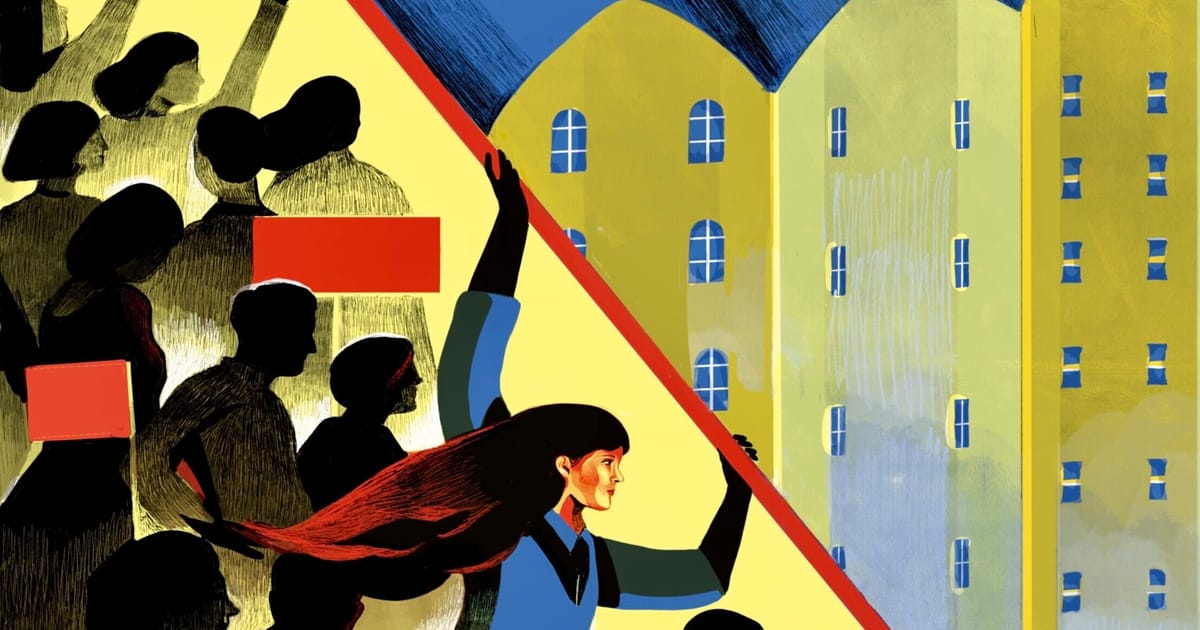- cross-posted to:
- world@lemmy.world
- cross-posted to:
- world@lemmy.world
cross-posted from: https://lemmy.world/post/16810771
The Continent’s housing crisis has gone from being a slow burn to a four-alarm fire — but some countries are handling it better than others.
One of Europe’s long-simmering political frustrations is suddenly boiling over.
From Lisbon to Łódź, voters are angry about the lack of affordable housing. Anti-immigrant riots broke out in Dublin last fall, fueled in part by claims that the Irish capital’s limited public housing was being given to foreigners. Meanwhile, in cities like Lisbon, Amsterdam and Milan, thousands of protesters have taken to the streets to denounce the lack of affordable homes.
In a poll ahead of last week’s far-right surge in the European Parliament election, the Continent’s mayors listed housing as one of the most important issues facing their constituencies.



This is the best summary I could come up with:
In a poll ahead of last week’s far-right surge in the European Parliament election, the Continent’s mayors listed housing as one of the most important issues facing their constituencies.
Cash-strapped municipal councils that had previously built housing gave up on new construction and sold off existing stock — but the private sector failed to pick up the slack.
The housing associations are not run for profit and two-thirds of the rent collected goes into a national building fund, which has been used since 1967 to finance the construction of new homes and the refurbishment of existing stock.
Bent Madsen, CEO of the Danish Federation of Non-Profit Housing Providers, said that even though about a quarter of the dwellings were assigned to vulnerable groups — like single families or refugees — anyone could apply for a home, regardless of income.
For publicly owned homes built after 2000, rent per person per square meter is 40 percent cheaper than market prices, according to data analyzed by the Danish Federation of Non-Profit Housing Providers.
Rebecca Omoregie, vice director of Wohnbaugenossenschaften Schweiz, an association of nonprofit housing developers, said that the co-ops were democratically organized, with all residents having the same rights and say regarding the buildings’ management.
The original article contains 1,215 words, the summary contains 204 words. Saved 83%. I’m a bot and I’m open source!